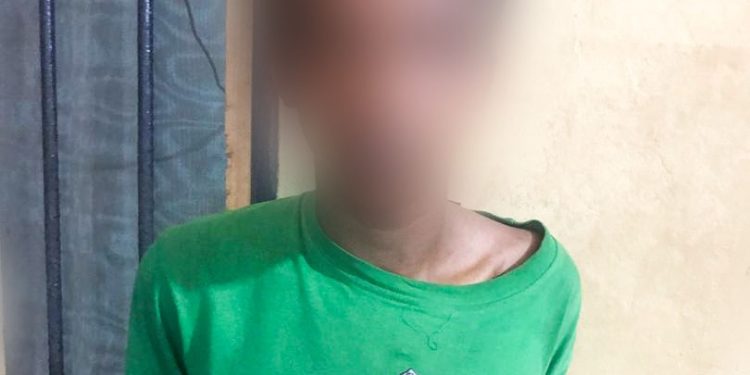Cape Coast, April 20, GNA – Dr Beth Offei-Awuku, Physician at the University of Cape Coast (UCC) Hospital, on Wednesday said malaria was still the number one killer in the West African sub-region. Yet the average waiting time for a malaria patient to see a doctor was four hours, a situation she described as 93unacceptable”. Dr Offei-Awuku expresssed regret that the doctor to patient ratio in Ghana and other countries in the sub-region is 1: 13,000, compelling many patients to resort to self medication.
She however called for an immediate stop to that practice since it was dangerous and could adversely affect one’s health. Dr Offei-Awuku was speaking on 93Self Medication and the Consequences in Malaria Treatment,” at a symposium as a prelude to the celebration of World Malaria Day which falls on Monday, April 25. It was on the theme; 93Achieving Progress and Impact: Has Malaria Been Counted Out in Ghana?”
The symposium was organized by the UCC chapter of the Ghana Science Association in collaboration with the Entomology and Wildlife Students’ Association and the Greenhand Society, a non governmental organisation.
Dr Offei-Awuku expressed concern about the high rate of fake medicines on the market which were unknowingly patronized by those involved in self medication.
She identified access to transport to the nearest health center as a major challenge in the eradication of malaria in many communities and called for improved transport systems to address that concern. According to the World Health Organization (WHO), Home-based Management of Malaria (HMM) should include proper use of ACTs (a malaria treatment drug) to be administered to forestall complications of severe malaria before referral to the hospital.
Dr Offei-Awuku suggested among other things that there should be intensive education on home management of fever and the proper use of ACTs, while efficacious malaria drugs should be available and fake drugs removed from the market.
Mr Andreas Kudom of the Department of Entomology and Wildlife at the UCC, who spoke on 93Challenges and Limitations to the Use of Insecticide Treated Nets (ITN) in Ghana” said the use of ITN reduced child mortality by 18 per cent and miscarriages by 33 per cent. He said in 2009, 3,378 people died of malaria with only 47 per cent of Ghanaians sleeping under ITN and attributed some challenges to its use as bad housing systems and lack of space, misconception, inadequate knowledge and insecticide resistance.
Professor Daniel Boakye, a researcher at the Noguchi Memorial Institute for Medical Research, enumerated modes to eradicate malaria and mentioned the rampant spraying of water bodies to reduce mosquito breeding and the draining of stagnant waters.
People should also seek early treatment while the health system should be improved and educational campaigns intensified, he added. 20 April 11
Source: GhanaWeb













